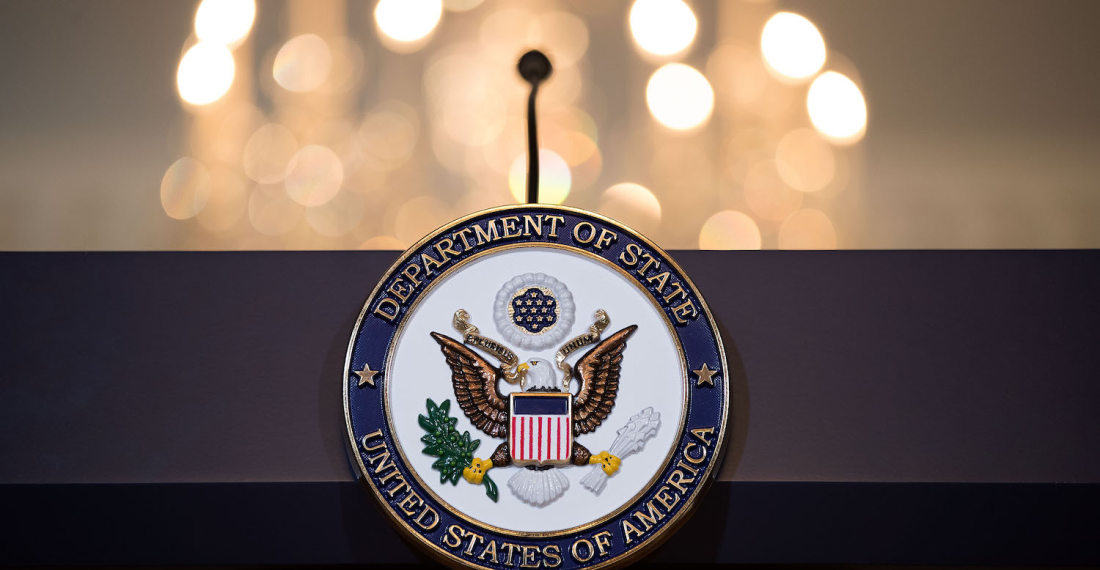The United States "welcomes" Azerbaijan's consideration of amnesty for de facto authorities in Nagorno-Karabakh. This was announced in a press release on Tuesday (30 May) from the US Department of State's spokesperson, Matthew Miller.
"We are pleased to see that talks between Armenia and Azerbaijan have continued," the statement read. "As Secretary Blinken said, peace is achievable in the South Caucasus. We recently expressed appreciation for Prime Minister Pashinyan’s commitment to peace, and we welcome President Aliyev’s recent remarks on consideration of amnesty."
Speaking in Lachin on Sunday (28 May) at an event to mark the return of internally displaced persons to the city some two and a half years after the end of the Second Karabakh War, Azerbaijan's President Aliyev asked, "are [the de facto authorities of Nagorno-Karabakh] liable to an amnesty or not? I say that it is necessary to look at that."
"There is only one option left – to obey the laws of Azerbaijan, be a loyal and normal citizen of Azerbaijan," said Aliyev. He also called on the de facto parliament to be dissolved, and said that de facto ministers, officials, and others "should give up their positions".
"Only in that case can a concession be made to them. Only in that case can we talk of an amnesty," said Aliyev.
Armenian PM Pashinyan and Azerbaijani President Aliyev to meet in Moldova on 1 June
Yesterday's statement from the US came two days before tomorrow's scheduled meeting between Armenian Prime Minister Nikol Pashinyan and Azerbaijani President Ilham Aliyev. They will meet on the sidelines of the second summit of the European Political Community, in the presence of European Council President Charles Michel, French President Emmanuel Macron, and German Chancellor Olaf Scholz.
"Armenia and Azerbaijan’s leaders will meet later this week in Chisinau with our European partners, and we hope that will be a productive step to resolving these issues at the negotiating table and not through violence," continued yesterday's press release from the US Department of State.
"Aggressive rhetoric can only perpetuate the violence of the past; constructive dialogue—both public and private—can create peace, opportunity, and hope. The United States stands ready to support the efforts of both parties to conclude a durable and dignified peace agreement."



